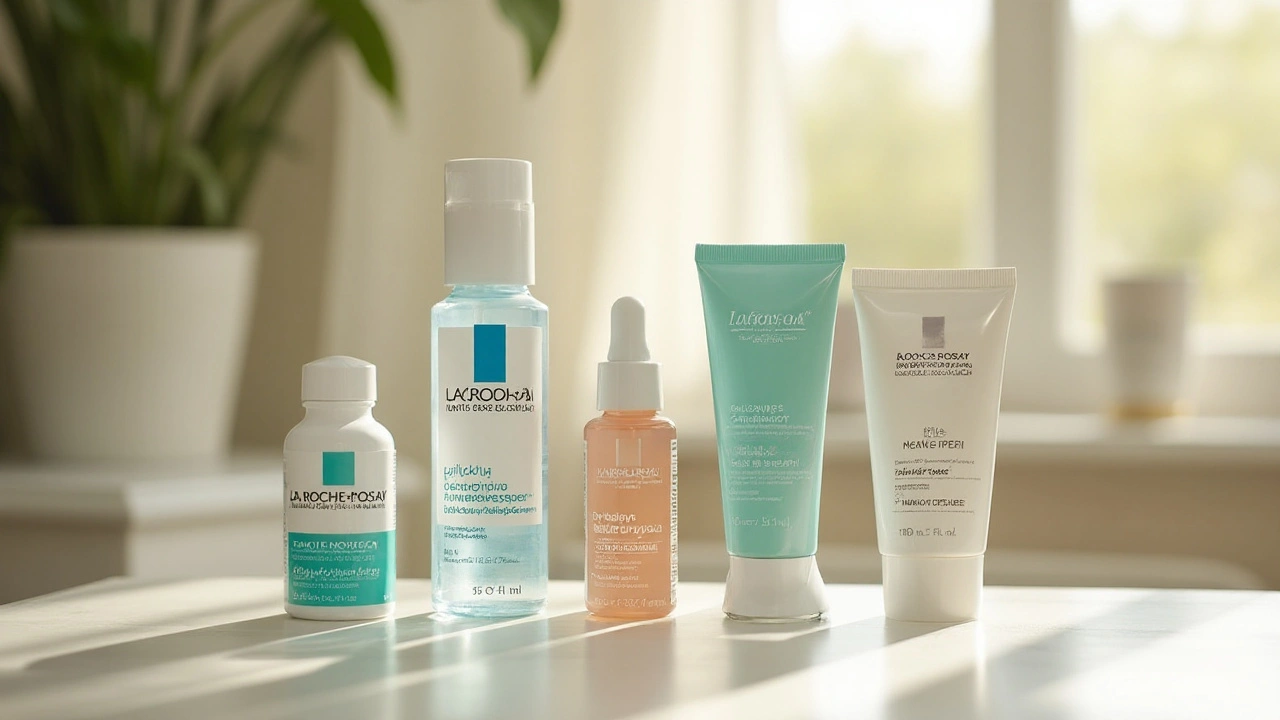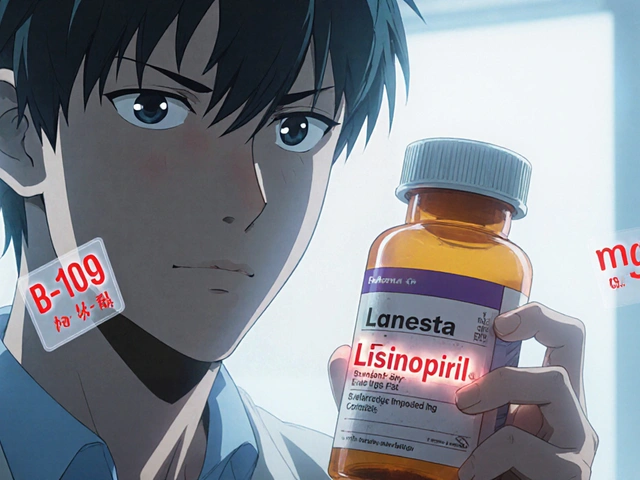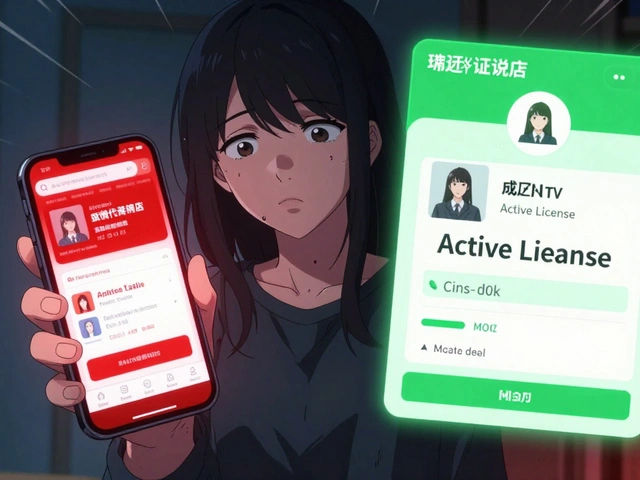Acne medication: what works and how to use it
Acne can feel overwhelming, but treatment choices don’t have to be. Whether you have a few whiteheads or painful cysts, knowing the main medication options and how they work helps you pick something that actually helps — not just masks the problem.
Types of acne medication and when to try them
Start with over-the-counter (OTC) options: benzoyl peroxide, salicylic acid, and simple topical retinoids. Benzoyl peroxide kills bacteria and reduces oil. Use 2.5%–10% gels or washes, applied once daily at first to avoid dryness. Salicylic acid unclogs pores and is gentle for daily use in cleansers or spot treatments. OTC retinoids (adapalene 0.1%) speed skin cell turnover and prevent new pimples — expect 6–12 weeks to see results.
If OTC products don’t work, doctors usually move to prescription topicals and oral drugs. Prescription retinoids (tretinoin, tazarotene) are stronger than OTC versions and need sunscreen because they make skin more sensitive. Topical antibiotics often combine with benzoyl peroxide to avoid resistance.
For moderate to severe acne, oral options include antibiotics (doxycycline, minocycline) and hormonal treatments for people assigned female at birth, like combined oral contraceptives or spironolactone. These target inflammation and hormonal oil production. The most powerful option is isotretinoin — it can clear severe acne but carries significant side effects and requires close medical supervision.
How to pick and use medication safely
Match treatment to severity. A few noninflammatory pimples respond to salicylic acid or benzoyl peroxide. Widespread inflamed acne usually needs a prescription. Don’t layer every product at once — introduce one treatment at a time and give it 8–12 weeks.
Watch for side effects: dryness, peeling, increased sun sensitivity, or stomach upset with oral meds. Hormonal drugs and isotretinoin need pregnancy checks and specific monitoring. Ask your provider about interactions with other medicines you take.
Thinking of buying acne meds online? Use licensed pharmacies, read reviews, and avoid sites that don’t require a valid prescription for prescription drugs. Fake or substandard medication can make acne worse or harm your health. If a deal looks too good, be skeptical.
Good skin care matters along with medication. Use a mild cleanser, non-comedogenic moisturizer, and daily SPF. Keep expectations realistic: many treatments take weeks to work and sometimes need switching. If acne affects your mood or daily life, tell your doctor — treating acne often improves confidence as much as skin.
If you want, I can walk you through which options might fit your acne type, or help find reputable pharmacies and product suggestions that match your budget and skin sensitivity.
This article delves into the best alternatives to Isofair in 2024, a common choice for acne treatment. It provides an in-depth look at six different products and medications, each offering unique benefits and potential drawbacks for users managing acne. From La Roche-Posay's gentle formula to Doxycycline's antibiotic approach, it covers a variety of options catering to different skin types and acne severities. Readers will gain insights into which alternative might best suit their needs.
Read more






